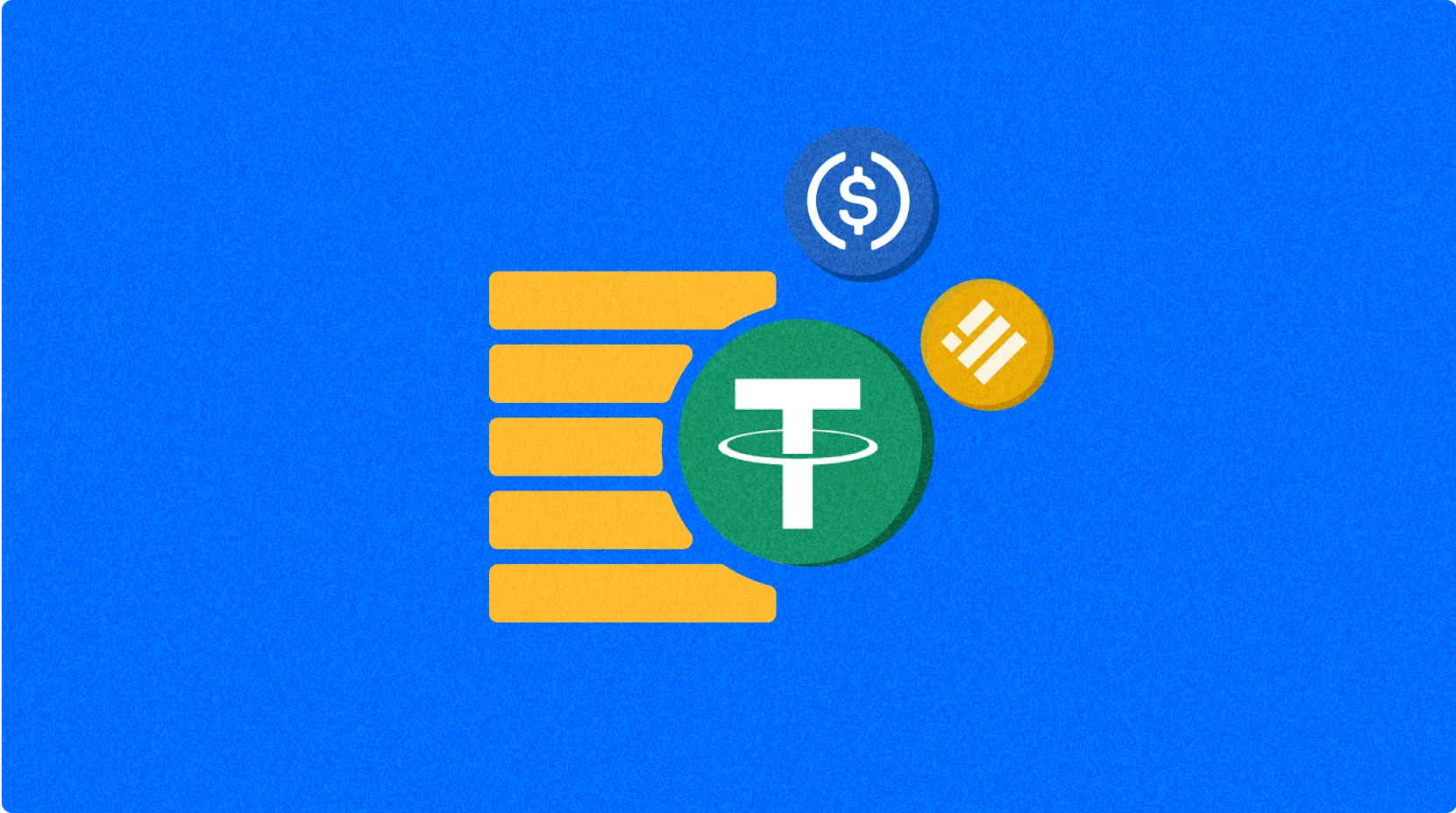Define Guild

Guilds are organizational structures within blockchain and gaming ecosystems formed by like-minded players, investors, or developers, aiming to collaboratively participate in crypto gaming (GameFi), metaverse projects, or other blockchain applications. Guilds typically operate based on Decentralized Autonomous Organization (DAO) governance frameworks, where members collectively make decisions about resource allocation and strategic direction through governance tokens.
The working mechanism of guilds is built upon community consensus and on-chain governance. These organizations usually have their own governance tokens that allow holders to participate in proposal voting, resource allocation decisions, and strategic planning. Most gaming guilds adopt a multi-tiered structure: core teams responsible for strategic decisions, middle managers handling daily operations, and regular members directly participating in gaming activities. Asset management forms a central component of guild operations, including purchasing, renting, and distributing earnings from NFT assets.
Guilds possess several key features. From an organizational perspective, guilds adopt DAO governance models, enabling transparent and decentralized decision-making; economically, guilds implement revenue-sharing mechanisms to distribute gaming income, with some establishing scholarship programs to provide NFT asset rentals for players who cannot afford to purchase them; for community building, guilds emphasize fostering strong community belonging and collaboration among members.
As blockchain gaming and metaverse concepts evolve, guild development paths are diversifying. On one hand, guilds are expanding from single-game focus to multi-dimensional development, extending into multiple gaming projects and even metaverse asset management; on the other hand, as play-to-earn economic models evolve, guilds continuously adjust their business models to adapt to new market environments. Technologically, improvements in cross-chain interoperability will enable guilds to operate seamlessly across different blockchain ecosystems. Additionally, the boundaries between guilds and traditional gaming studios or esports organizations are gradually blurring, potentially forming hybrid organizational structures in the future.
The emergence of guilds brings significant value to the blockchain gaming ecosystem. They not only lower participation barriers for ordinary players but also promote effective circulation and utilization of gaming assets, becoming important bridges connecting game developers and player communities. As a new form of community organization, guilds are redefining game participation methods and building more inclusive, collaborative blockchain gaming ecosystems. However, guild models also face challenges in governance efficiency, economic sustainability, and legal compliance, all of which will influence their future development trajectory.
Share
Related Articles

What Is Fundamental Analysis?

What Are Altcoins?
